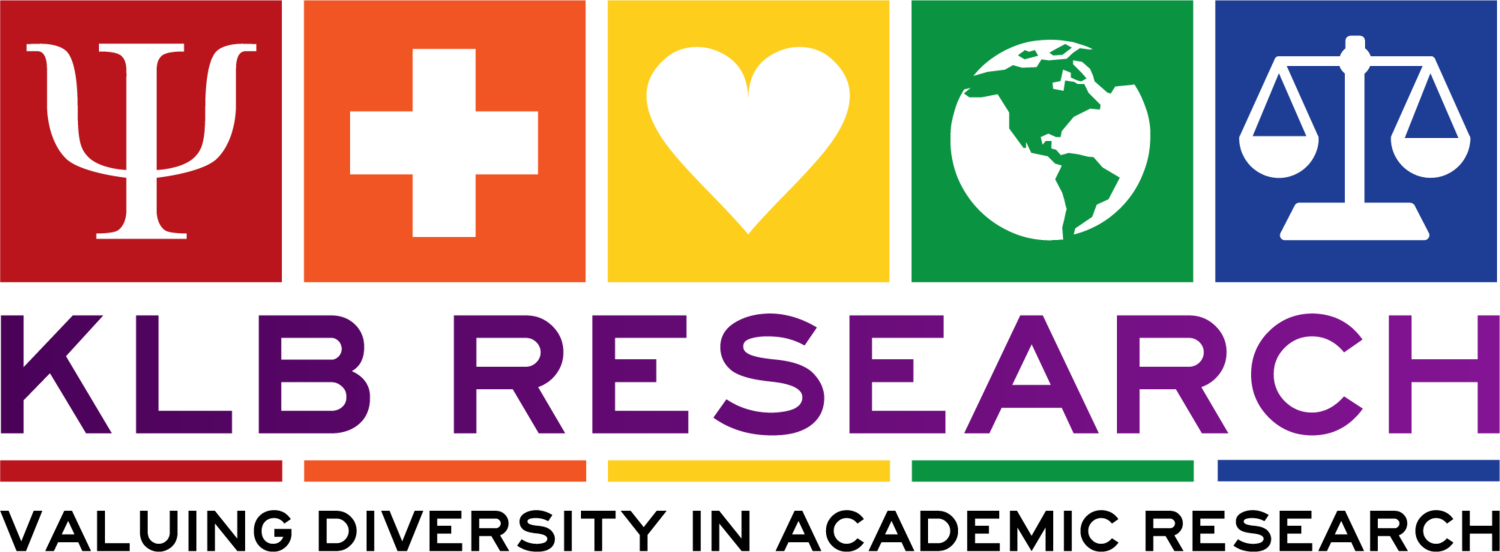On July 1 I took the train from Belleville, Ontario to Toronto. I wasn’t headed to the city for Canada celebrations, instead, I was headed to Toronto to begin participating in the Canadian Society for Yad Vashem’s Leaders of Change program. The program is designed to take Canadian educators on a journey to learn about how to teach today’s high school and university students about the Holocaust. The trip began with a two day seminar in Toronto where we covered topics like the history of antisemitism and the impossible choices faced by people during the Holocaust. On the second day of the seminar we met with three Holocaust Survivors (more on that in another post) and then later that afternoon we flew to Berlin to begin the “immersive” portion of the trip.
I’ll be documenting my experiences on the trip here in my Success @ X Blog because one of the main reasons I’m on this trip is to help develop Holocaust education initiatives at St. Francis Xavier University. I currently teach Psyc 441, a course on the Social Psychology of the Holocaust. I also designed the StFX Holocaust Service Learning trip which is going into its 3rd year and I am working on developing a course for the Maple League of Universities that will include a trip very similar to the one I am currently on.
It can be challenging to write about a trip like this one. There is a balance to be struck between documenting the journey for the purpose of sharing the educational experience and being respectful and not falling into the trap of writing about it as you would any other trip to Europe. I am taking some photos and videos for the purpose of documenting and being able to share the stories of different places, but while I’m on the sites we visit I’m always cautious to first go through without taking any photos or videos. Then, when time permits, I go through again to get a few photos of things that I think will help to communicate the experience to those who are not here. Of course, photos will never do these sites justice. One of the reasons I designed the service learning trip and am in the process of designing the Maple League course is because the only way to really learn about the Holocaust is through a combination of classroom learning and experiential learning. Of course, one can never experience the Holocaust, but still there is something more real, more guttural, and more personal about standing in the very places that this history took place in that cannot be achieved just through reading. At the same time, however, not everyone will have the opportunity to take a trip like this, so an important challenge for today’s educators is to find ways to bring these experiences into the classroom in a way that helps to engage students as best possible and really drive home the universal lessons that the Holocaust can teach us, not only about history, but about human behaviour still today.
-
August 2020
- Aug 5, 2020 The Social Psychology of the Holocaust Podcast Aug 5, 2020
-
May 2020
- May 21, 2020 An Open Letter About Holocaust Education in Canadian Schools May 21, 2020
-
July 2019
- Jul 8, 2019 Treblinka Jul 8, 2019
- Jul 7, 2019 Łódź Memorial: Radegast Station Jul 7, 2019
- Jul 6, 2019 Berlin & Wannsee Jul 6, 2019
- Jul 5, 2019 Berlin & the Monument for Homosexual Persecution Jul 5, 2019
- Jul 4, 2019 Berlin Jul 4, 2019
- Jul 3, 2019 Meeting with Holocaust Survivors in Toronto Jul 3, 2019
- Jul 1, 2019 Canadian Society for Yad Vashem Leaders of Change Program Jul 1, 2019
-
December 2017
- Dec 2, 2017 How Taking A Course About the Holocaust Just Might Save A Life! Dec 2, 2017


